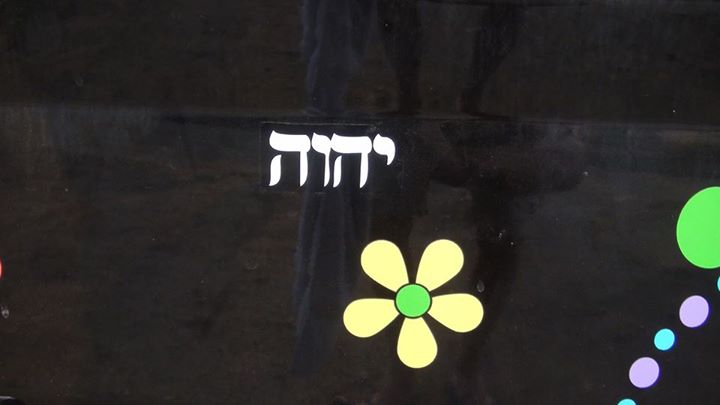Wednesday, 23 October 2013
For if you were cut out of the olive tree which is wild by nature, and were grafted contrary to nature into a cultivated olive tree, how much more will these, who are natural branches, be grafted into their own olive tree? Romans 11:24
Today we see an explanatory statement of the previous verse – “And they also, if they do not continue in unbelief, will be grafted in, for God is able to graft them in again.” Paul will now expand on this, giving insights into why this is so.
“For” will reveal how God is able to graft the Jews again into the spiritual root, and not only that, but that it is a more likely event than one might expect. Speaking to the gentiles, Paul says, “If you were cut out of the olive tree which is wild by nature…” The natural way of grafting is exactly the opposite. Normally one takes a cultivated branch and grafts it into a wild root. The wild root will already be acclimated to its surroundings. It will be able to withstand the climatic conditions, any indigenous bugs and pests, etc. However, it’s fruit will be of a less quality, possibly of no value at all.
And so in order to have a tree which can withstand the contrary conditions and yet produce yummy fruit, the cultivated grafts are placed into the wild roots. Hence, you have the hardiness of the life-support and the yummyosity of the cultivated graft. The graft remains unchanged, despite its new surroundings. As Paul says, what occurred with the gentiles is that they “were grafted contrary to nature into a cultivated olive tree…”
The wild graft, with its lesser-quality fruit is grafted into the higher quality root! This is a humbling thought when rightly considered. It is the Jew who originally…
Has the higher-quality root
Who also bears the yummier fruit
So much for boasting on the part of the gentiles! Because of their more noble origins and their ability to more readily accept their own root, “how much more will these, who are the natural branches, be grafted into their own olive tree?”
Paul is asking the gentiles to reflect on what occurred and how it was contrary to what they knew from nature. It is they, not the Jews, who were grafted in this contrary manner. If we readily understood and accepted the message and the spiritual nourishment of Christ, how much more will the Jews when God grafts them in!
This doesn’t mean, please understand, that God actively breaks off and grafts. God knows all things in advance, including the coming return of Israel to the life-giving root, but his foreknowledge isn’t necessarily causative in nature. He simply knows in advance what will occur and tells us of it before it comes about, asking us to pay attention to both the prophecy and then its fulfillment.
This is why it becomes so important for the church to open their eyes to the return of Israel to their homeland; to their reestablishment as a united people; and to the blossoming Messianic movement among the Jews. God’s plans are coming to their fulfillment and Israel, His natural branches, are being grafted in to His holy root. At some point, it will become a national movement and a cry for the return of the Lord. What the impetus for this will be is yet uncertain, but it is coming and it will usher in a time of unmatched wonder on earth. Coming soon to a millennial kingdom near you.
Life application: Israel! Pray for Israel and be willing to speak to the Jewish people about the wonder of Christ and how they are actually closer to Him than they realize. Read and know your Old Testament because it is the tie which you can use to connect them to the One who is its fulfillment.
Lord, I remember the first time I understood the message of Jesus in my heart. I remember that someone took the time to share this wondrous news with me and how it changed my life forever. If that person had stayed home and snacked on popcorn while watching TV, I might never have come to know You. Don’t I now need to follow suit? Help me to open my mouth and never shut it again concerning Jesus! Amen.





